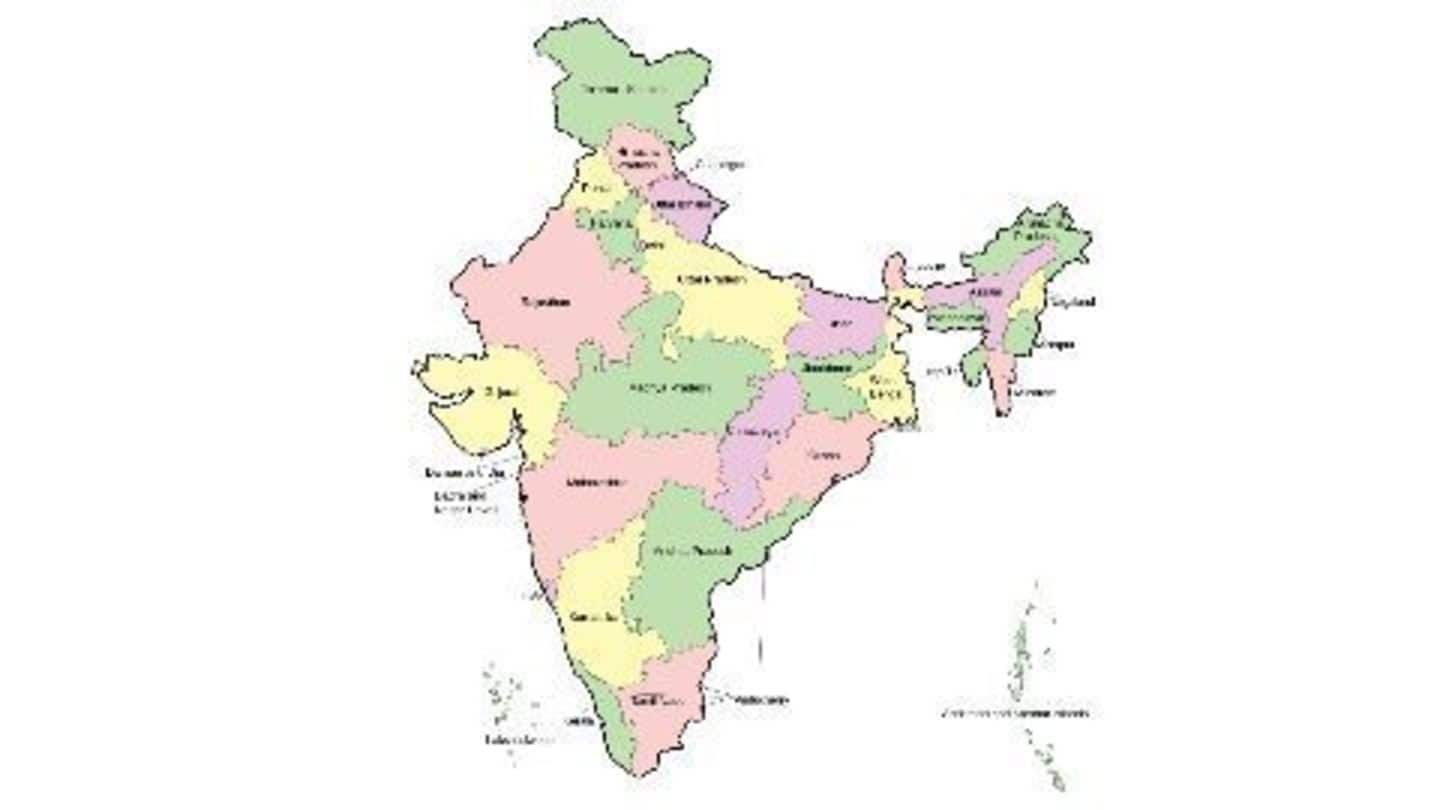
Govt to make deworming a national initiative
What's the story
The government is planning to expand the deworming initiative from present 277 districts in 11 states to have a pan-India coverage.
The deworming initiative, launched in Feb'15, will not just be expanded geographically but will also include more number of health workers and consultants.
The deworming initiative will now cover children in the age-group 1-19 years in 536 districts in the country.
Personal
India has the highest parasitic burden in children
According to the World Health Organization, 24 crore children in India are at risk of parasitic intestinal worms also known as Soil-Transmitted Helminths (STH). They form 28% of the global population at risk of STH.
Deworming
What is deworming?
Children in age groups 1-14 years are prone to parasitic intestinal worms known as Soil-Transmitted Helminths (STH) which severely affect their physical and mental growth as it affects absorption of nutrients.
For instance, roundworm inhibits Vitamin-A absorption in the intestines while others can cause diarrhoea, dysentery, etc.
Removal of worms using medicines and other hygienic practices is known as deworming.
Quote
Parasitic intestinal worms cause anaemia
"In our country, worm infestation is a major problem because it contributes to persistent iron deficiency which in turn leads to poor brain development,"- Dr Nishant Wadhwa, Paediatric Gastroenterologist, New Delhi.
9 Feb 2015
Govt launches deworming initative
The Union Health Minister launched the national deworming initiative to cover 24 crore children in the age group 1-19 years, to make India worm free.
The initiative would be carried out in 2 phases and in Phase-I, 14 crore children would be covered in 11 states and Union Territories.
In the second phase, 10 crore children would be given Albendazole deworming tablets.
10 Feb 2016
9 crore children covered in 2015
Reviewing the performance of deworming initiative, Union Health Minister J P Nadda said that in 2015, 9 crore children were covered in 4.7 lakh schools and 3.67 lakh Anganwadi centres.
Deworming in schools has the advantage of not only reaching a large number of children simultaneously, but also reduces absenteeism owing to improved nutritional health.
This, in turn, improves the learning outcomes of children.